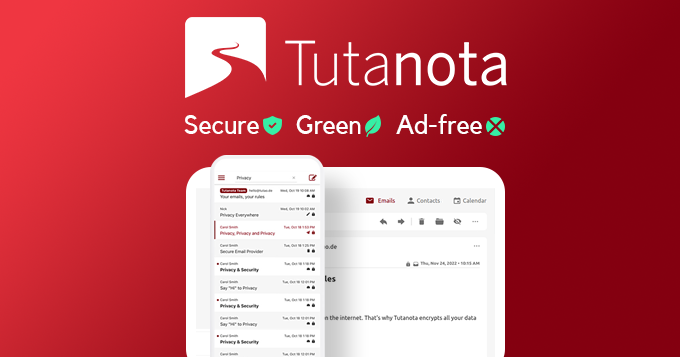A deeper existential question emerges here: Whose choices are we really making? When we allow AI systems to suggest, recommend, or even decide for us, we enter murky waters of autonomy. At first, these systems may feel like collaborative partners—offering insights and ideas we hadn’t considered. But over time, we risk outsourcing not just... See more

